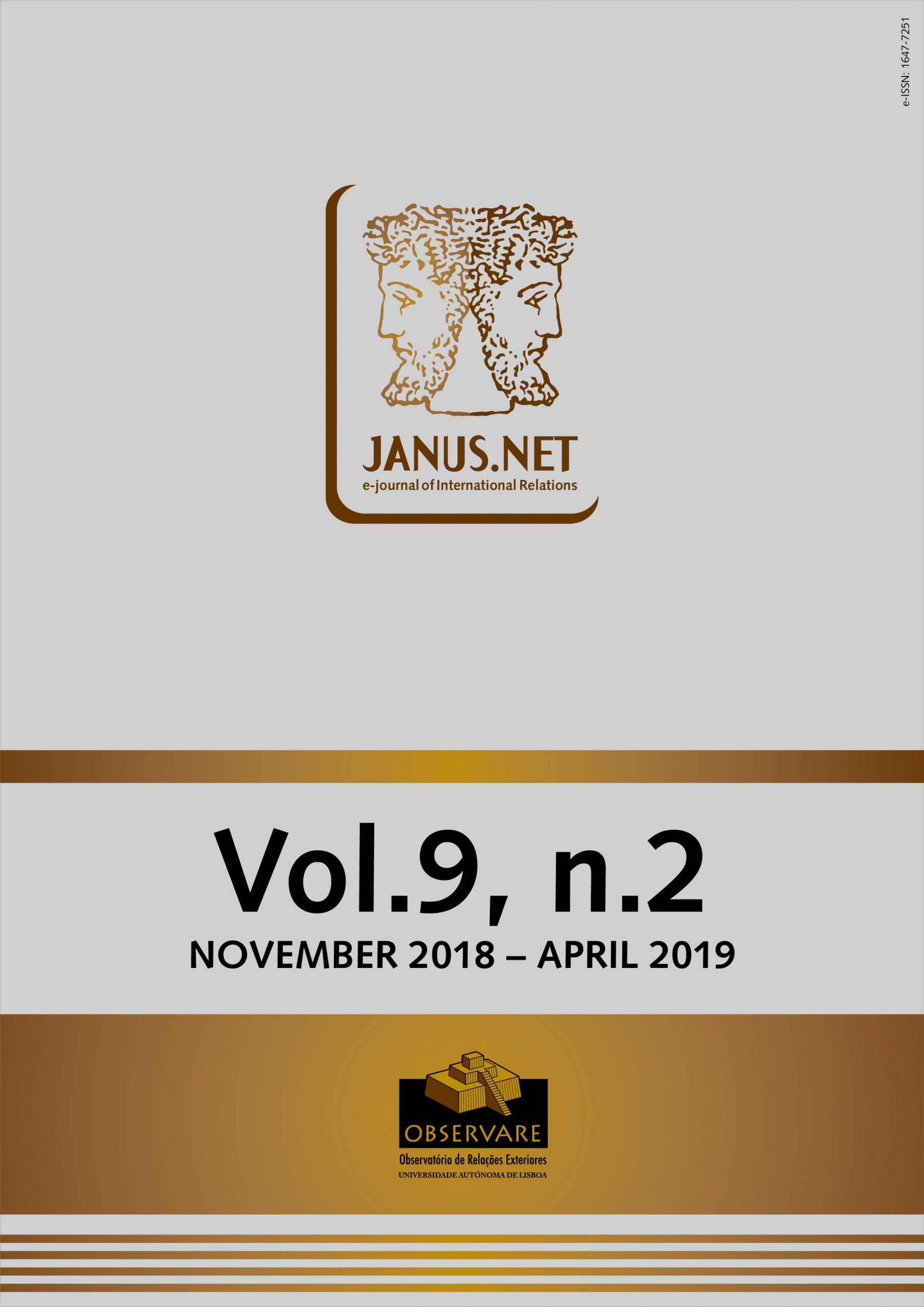Since the beginning of the 21st century, the emergence of various institutionalization processes of new informal institutional spaces (such as BRICS, IBSA, BASIC or P5+1) has been observed internationally, but little has been studied in depth. Accordingly, this paper seeks to rethink, through a theoretical approach standing between Political Science and International Relations, the theoretical concepts of neo-institutionalism in order to make a new critical theoretical-analytical contribution that accounts for the particular characteristics of such phenomena. We believe that it is of interest for the study of international institutions to expand the current field of analysis in order to explain how the emergence of these new institutions occurred and how they interact with already established formal institutions. This article examines two traditional forms of neo-institutionalism (rational choice neo-institutionalism and historical neo-institutionalism), making explicit what the starting points of each are and what elements each can contribute to the study. At the end of the work, a dialogue is held between the perspectives that allow us to establish a theoretical analytical criterion to study these new phenomena.
THEORETICALLY THINKING AND RETHINKING THE INTERNATIONAL ORDER: THE NEW EMERGING INTERNATIONAL INSTITUTIONS THROUGH NEO-INSTITUTIONALIST LENSES
»
Ph.D. student in Political Science at the Universidad Nacional de San Martín (UNSAM, Argentina). Assistant Guest Professor at the Universidad Nacional de Cuyo (UNCuyo).
Resumo
Desde comienzo del Siglo XXI se ha observado el surgimiento de diversos procesos de institucionalización de nuevos espacios institucionales informales (como BRICS, IBSA, BASIC o P5+1) en el plano internacional, pero poco se ha profundizado en el estudio de los mismos. Frente a esto, el presente trabajo busca repensar, por medio de un acercamiento teórico entre la Ciencia Política y las Relaciones Internacionales, los conceptos teóricos del neoinstitucionalismo a los fines de contar con un nuevo aporte teórico-analítico crítico que de cuenta de las características particulares de dichos fenómenos. Creemos que resulta de interés para el estudio de las instituciones internacionales ampliar el actual campo de análisis a los fines de explicar cómo es que se dio el proceso de surgimiento de estas nuevas instituciones y cómo es que interactúan las mismas con las instituciones formales ya establecidas. El presente trabajo buscará discutir en su primer eje dos neoinstitucionalismos tradicionales (neoinstitucionalismo de elección racional y neoinstitucionalismo histórico), dejando explicitadas cuáles son los puntos de partida de cada uno de ellos y qué elementos pueden llegar a aportar cada uno al estudio. Al final del trabajo, se realizará un diálogo entre las perspectivas que permita establecer un criterio teórico analítico superador en el estudio de estos nuevos fenómenos.
Palavras-chave
Como citar este artigo
Guerrero, Mario Guillermo (2018). “Theoretically thinking and rethinking the international order: the new emerging international institutions through neo-institutionalist lenses”. JANUS.NET e-journal of International Relations, Vol. 9, N.º 2, November 2018-April 2019. Consulted [online] on the date of the last visit, https://doi.org/10.26619/1647-7251.9.2.2
Article received on 20 December, 2017 and accepted for publication on 1 September, 2018















